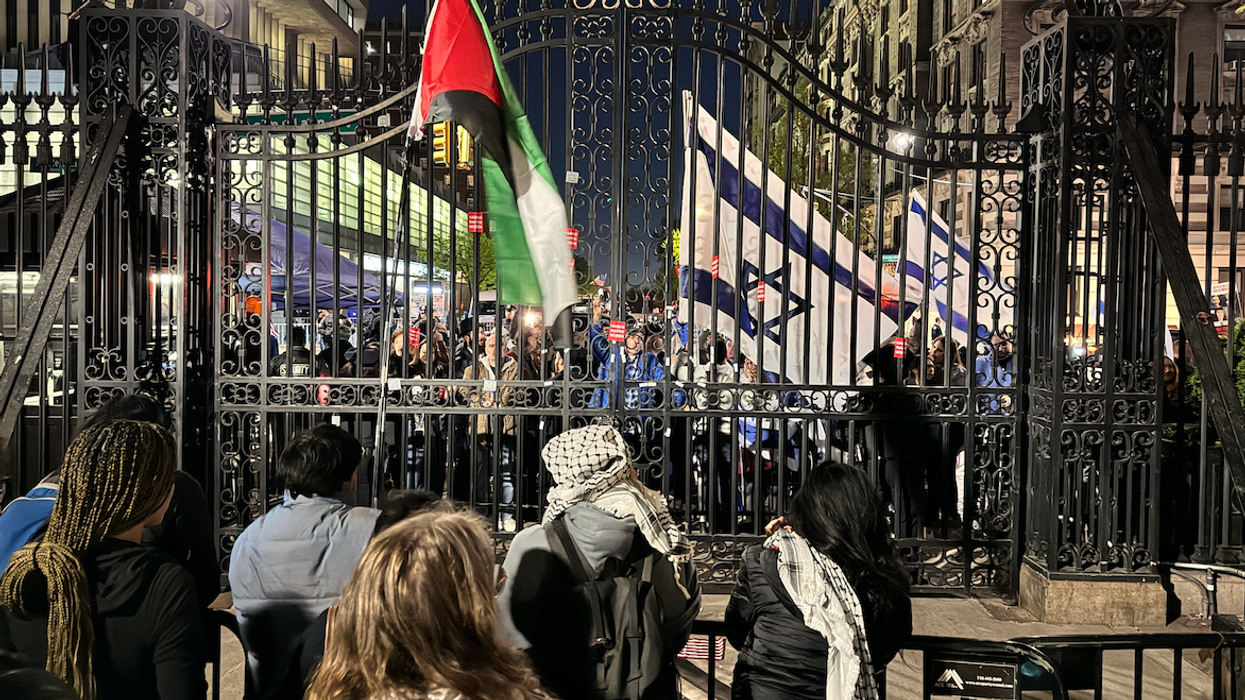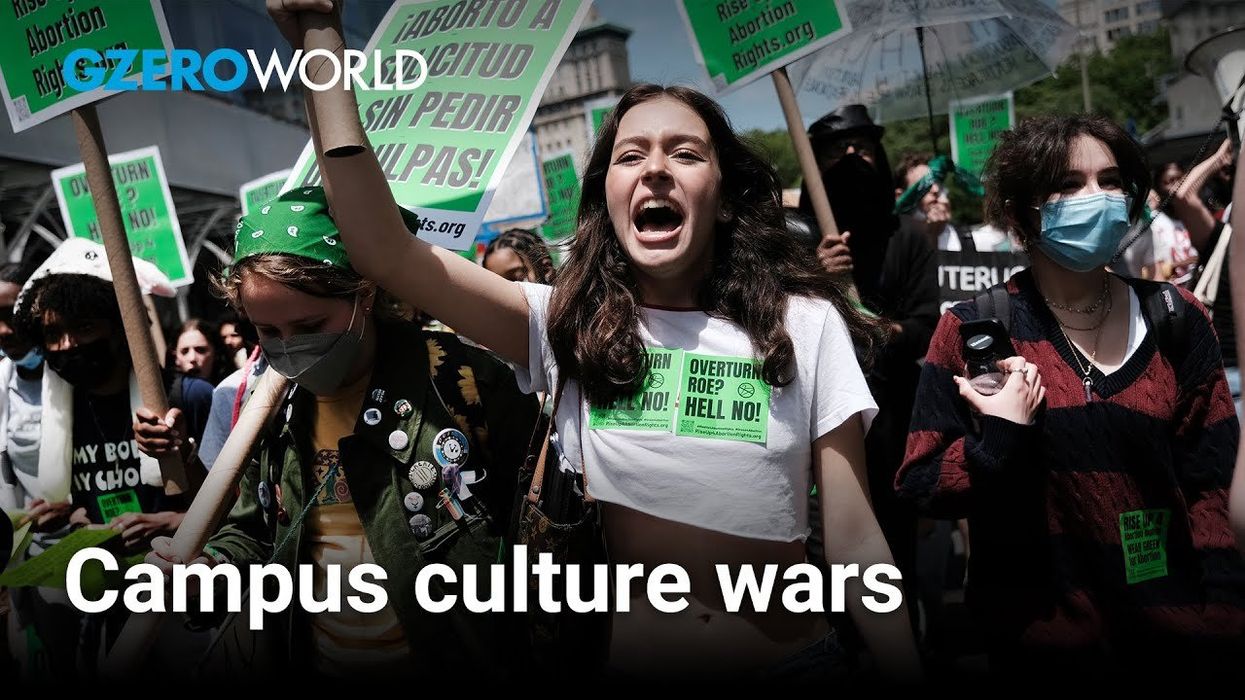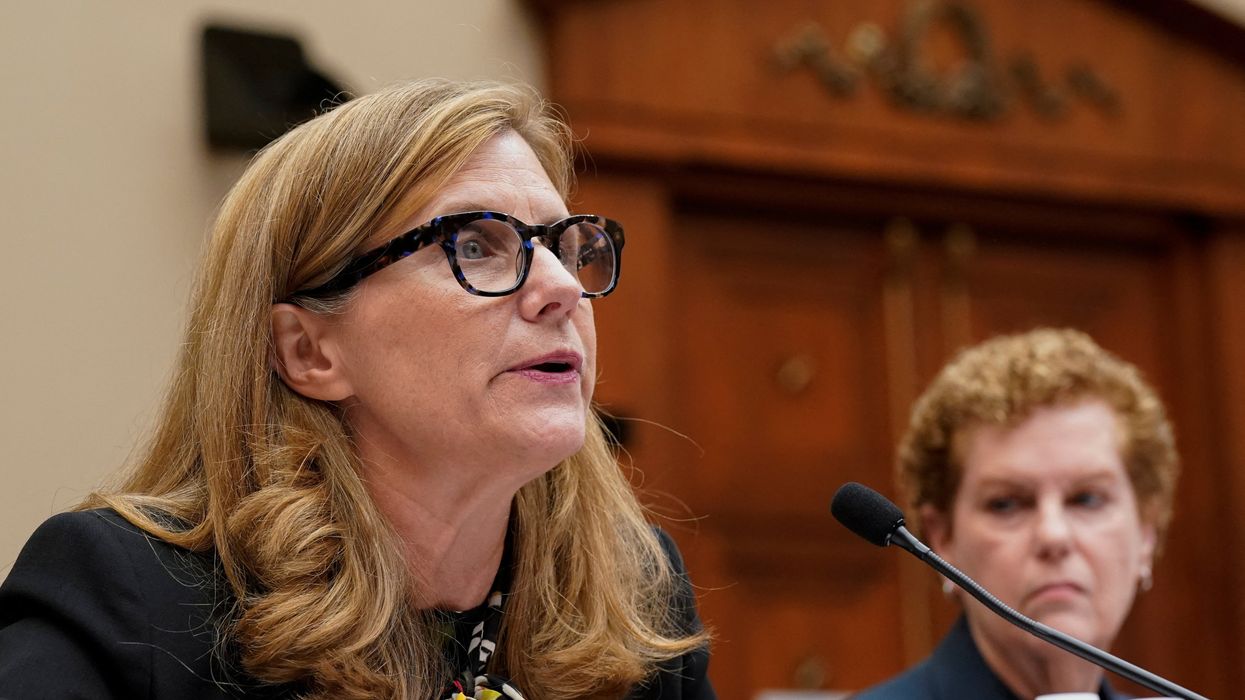Analysis
From the inside out: Is Columbia’s campus crisis calming down?
An agreement late Thursday night to continue talking, disagreeing, and protesting – without divesting or policing – came in stark contrast to the images of hundreds of students and professors being arrested on several other US college campuses on Thursday.
Apr 26, 2024



